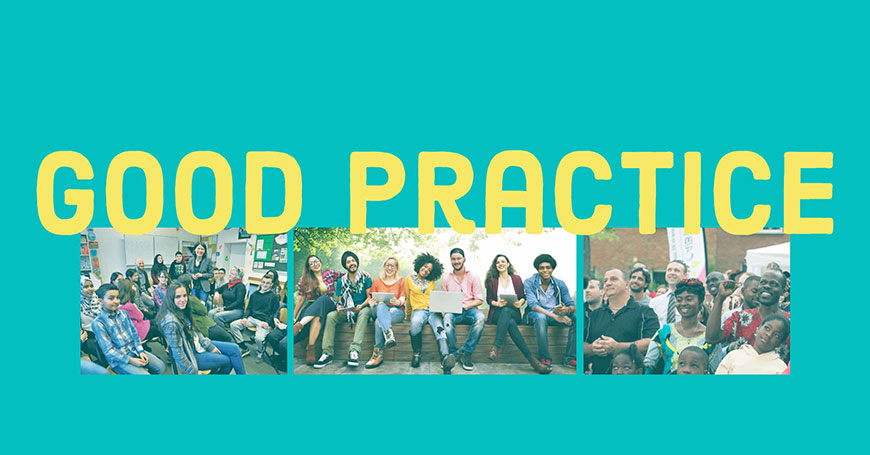Intercultural cities: good practice examples

The first step is the adoption (and implementation) of strategies that facilitate positive intercultural encounters and exchanges, and promote equal and active participation of residents and communities in the development of the city, thus responding to the needs of a diverse population. The Intercultural integration policy model is based on extensive research evidence, on a range of international legal instruments, and on the collective input of the cities member of the Intercultural Cities programme that share their good practice examples on how to better manage diversity, address possible conflicts, and benefit from the diversity advantage.
This section offers examples of intercultural approaches that facilitate the development and implementation of intercultural strategies.
The Office for Religious Affairs: a comprehensive approach
Purpose: The Office of Religious Affairs (OAR) of the Barcelona City Council is a municipal service whose main objective is to serve as a reference point for religious and spiritual matters, as...
Barcelona Intercultural Plans
Purpose: The Barcelona Intercultural Plan (2010) was a mandate of the City Council’s Immigration Working Plan 2008 and its main goal was to define a clear intercultural policy strategy about how...
Intercultural mediation to promote living together
Purpose: The overall objective is the promotion of mediation as a mechanism of alternative conflict resolution that will help to foster peaceful and inclusive cohabitation in the municipality of...


